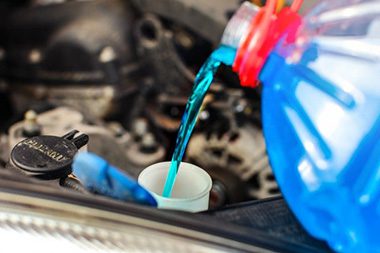Safe coolant waste collection
Have your used coolant collected responsibly by Chemical Waste Netherlands. We arrange the containers, collection, transport, and processing within ten business days. Request a free quote today and contribute to a cleaner environment.

